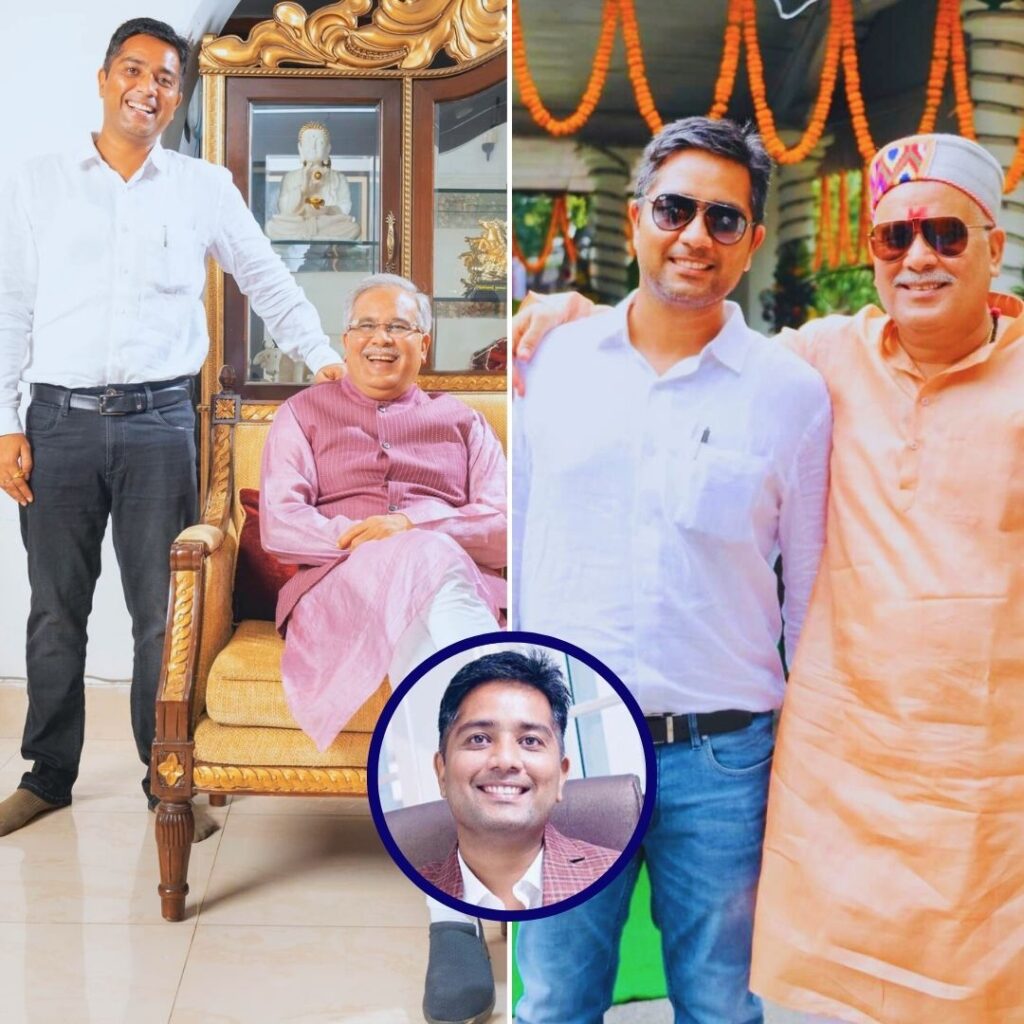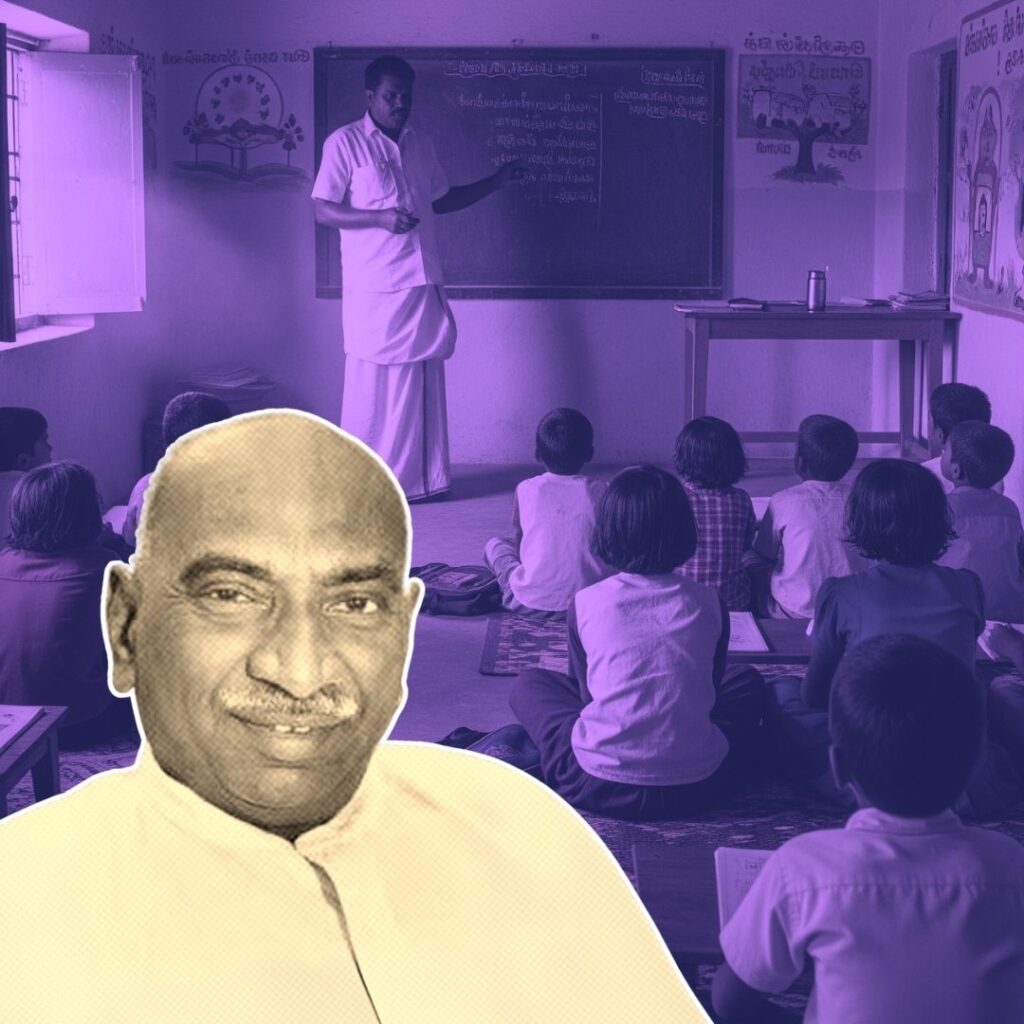Cases like Nirbhaya, Unnao, Kathua and Hyderabad vet draw attention to the fact that women are largely unsafe in India. In 2016, 11.5 percent of the 3.38 lakh crime cases against women were of rape.
However, it is a painfully slow road to justice with one in four rape cases ending up in conviction.
Following the brutal gang-rape and murder of the Hyderabad veterinarian on November 27, certain people, including a well-known filmmaker, came up with illogical ideologies as to why rapes take place. Many made distasteful comments on the same.
For years now, people have been propagating false ideas around the country’s rape culture. From having a poor understanding of consent to blaming the victim, people have contributed to India’s rape culture for decades.
Rape myths are nothing but false beliefs about sexual violence that encourages victim-blaming and exonerates the perpetrator.
In the aftermath of the horrifying Hyderabad case, let us bust some myths about rape:
One is not raped because of how they dress.
“She shouldn’t have worn body-hugging clothes.”
“That short skirt looked inappropriate.”
These are common statements used while blaming a victim.
But the truth is, it is the rapist’s mindset, his sense of entitlement, toxic masculinity that prompt him to rape.
A criminal rapes a woman because of their hatred for the other gender – whether a girl wears a saree or a dress or jeans has nothing to do with provocation.
Asking a woman to dress ‘properly’ and putting the blame on her clothes are ways to justify the crime and the criminal mind.
This holds true anywhere and everywhere in the world. An exhibition in Brussels this year showcased the stories of student rape victims by recreating the outfits they wore during their assault. Hanging around the room were various outfits, including a pair of pyjamas, a bathing suit, a child’s school uniform and police attire.
‘What Were You Wearing?’ exhibition,18 sexual violence stories & representation of each victim’s dress, project by Jen Brockman #womensart pic.twitter.com/mfAcaeWI32
— #WOMENSART (@womensart1) October 25, 2017
We have had so many request for our art exhibit that we are creating a second installment! Want to participate in our 2019 “What Were You Wearing?” exhibit? Fill out this form:https://t.co/3WaBdZ6WYD pic.twitter.com/gm7eEVtn70
— Me Too Springfield (@MeTooSGF) January 18, 2019
‘Time’ and ‘age’ make no difference.
Rapes occur all the time, everywhere in the country. A woman is vulnerable outside at every moment – be it late in the afternoon or in the wee hours. The rapist mind is what needs to be altered. Asking women to not step out of the house late at night will not curb these crimes.
It is not just young women who become victims of rape. NCRB (National Crime Records Bureau) data shows in 2015, 10,854 cases of rape under Section 376 of the IPC and Sections 4 and 6 of the Protection of Children against Sexual Offences (POCSO) Act were registered. But in 2016 only 19,765 of such cases were registered.
Almost every other day, an elderly woman is raped.
No culture invites rape.
Barring women from going to parties, consuming alcohol, staying out late and basically participating in the country’s ‘western culture’ will not stop rapes.
Rapists are men whose views are near-ubiquitous in India, in rural and urban areas, across class, and across religions. A number of rapes happen in rural areas.
In 2018, Thomson Reuters Foundation released a survey which revealed India to be the most dangerous nation for sexual violence against women. Among the 10 countries in the list, the United States, the only Western country to be included, was the last.
Submission does not equal consent.
A lack of ‘no’ does not mean ‘yes’. A person may be pressured into submission. They may not struggle or fight back because of fear of being further harmed, including being murdered.
In some cases, it may be Tonic Immobility – an involuntary response where one’s body freezes in situations provoking extreme fear.
So someone not fighting back does not mean they are inviting or consenting to the rape.
It is not sexual urge, but a sense of entitlement.
A rapist rapes because they feel they can rape and get away with it.
Sexual urge is not the reason behind rape. The reason is hatred for the other gender. The reason is a sense of entitlement.
A rapist rapes in an attempt to prove that one gender is superior to and more powerful than the other.
“Sexual assault is a form of sexualized violence, that is, violence enacted in a sexual way. Like many other crimes, sexual assault is about power and control. Sexual assault happens because perpetrators put their desires over the survivor’s agency to consent. The survivor is never to blame,” Sexual Assault Prevention And Awareness Center, University of Michigan, says.
Consent can be withdrawn.
Consent is not a binding contract. It does not relinquish one of all their decision-making powers.
If a person gives their consent and then decides to withdraw it, the other party must respect it. If they do not do that, the consequent events will be termed as sexual assault, without a doubt.
It is unfortunate that prevention techniques do not challenge the root cause of sexual violence. Someone who takes all the precautions and still get sexually abused may feel they could have done more to protect themselves.
A rapist is to be blamed for rape. His mindset is to be blamed.
Even if one does not take any precautions to protect themselves, they are not to be blamed for their assault.
Also Read: Uttar Pradesh: Class 10 Student Gang Raped In Car Painted With Police Logo











